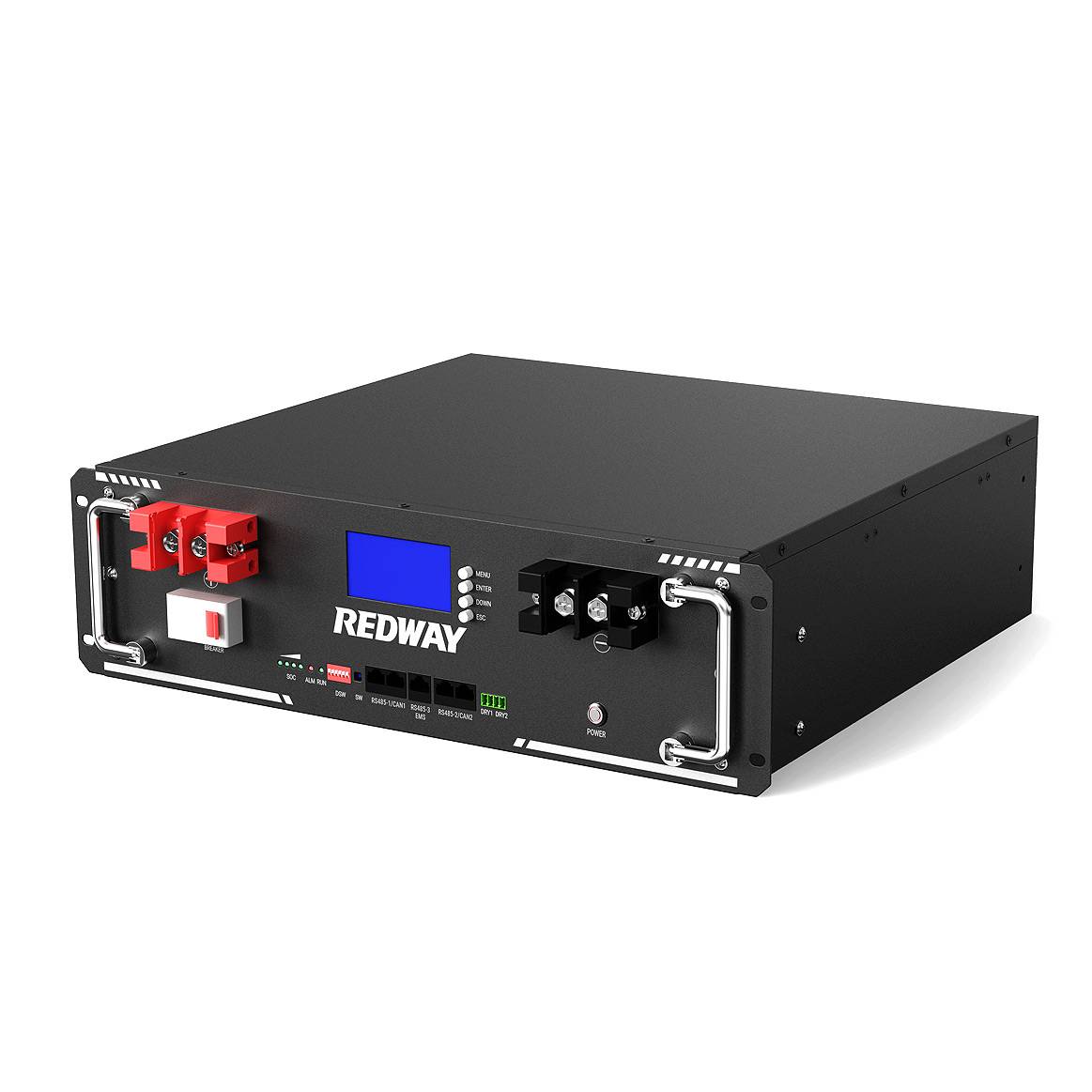In the competitive landscape of battery manufacturing, compliance with safety standards is not just a regulatory requirement; it is a commitment to quality and reliability. At Redway Battery, we prioritize the safety and performance of our Lithium LiFePO4 batteries by ensuring adherence to both UL 2054 and UL 1642 standards. This article outlines the comprehensive measures we undertake to guarantee compliance, showcasing our dedication to producing high-quality, safe battery solutions for our customers.
Redway Battery ensures compliance with UL 2054 and UL 1642 standards through rigorous design processes, stringent manufacturing practices, extensive testing protocols, regular audits, and customer education. By prioritizing safety and performance, Redway Battery guarantees the quality and reliability of their lithium LiFePO4 batteries. With ISO certification, high-quality materials, and sourcing from certified suppliers, Redway Battery maintains consistency and compliance. Their commitment to customer education and support further reinforces their position as a leader in safety and reliability. Choose Redway Battery for trusted, compliant, and high-performance battery solutions.
Understanding UL Standards
Before diving into our compliance strategies, it is essential to understand what UL 2054 and UL 1642 entail:
- UL 2054 focuses on the safety of batteries used in consumer products, assessing their performance under normal usage conditions.
- UL 1642 is specifically tailored for lithium batteries, emphasizing safety during extreme conditions and potential abuse scenarios.
By adhering to these standards, we ensure that our batteries meet rigorous safety requirements, thereby protecting end-users and enhancing product reliability.
1. Rigorous Design Processes
At Redway Battery, compliance begins at the design stage. Our engineering team employs advanced design methodologies that incorporate safety features from the outset.
- Safety-Centric Design: We integrate thermal management systems to prevent overheating and ensure optimal performance under various conditions.
- Material Selection: We use high-quality materials that comply with UL standards, minimizing risks associated with battery failures.
Design Validation Protocols
To validate our designs, we conduct simulations and analyses to predict how our batteries will perform under different scenarios. This proactive approach allows us to identify potential issues before they arise in real-world applications.
2. Stringent Manufacturing Processes
Our manufacturing processes are meticulously crafted to ensure that every battery produced adheres to UL standards.
- Quality Control: We implement strict quality control measures throughout the manufacturing process. Each production batch undergoes thorough inspections to verify compliance with safety specifications.
- Certified Components: We source components only from certified suppliers who meet industry standards. This guarantees that every part of our batteries contributes to overall safety and performance.
ISO Certification
Our facilities are ISO-certified, which means we adhere to internationally recognized quality management systems. This certification reinforces our commitment to maintaining high standards in every aspect of our operations.
3. Extensive Testing Protocols
Testing is a critical component of our compliance strategy. At Redway Battery, we conduct a series of rigorous tests to ensure that our batteries meet both UL 2054 and UL 1642 requirements.
- Performance Testing: We evaluate battery performance under various conditions, including temperature extremes and load variations, to ensure reliability.
- Abuse Testing: To comply with UL 1642, we simulate abusive conditions such as overcharging, short-circuiting, and puncturing. These tests help us identify vulnerabilities and enhance battery resilience.
Third-Party Testing
In addition to in-house testing, we collaborate with accredited third-party laboratories to conduct independent evaluations of our products. This external validation adds an extra layer of assurance regarding compliance with UL standards.
4. Regular Audits and Continuous Improvement
Compliance is not a one-time effort; it requires continuous monitoring and improvement. We conduct regular audits of our processes and products to ensure ongoing adherence to UL standards.
- Internal Audits: Our quality assurance team performs frequent internal audits to assess compliance with established protocols.
- Feedback Mechanism: We actively seek feedback from customers and stakeholders, using this information to make necessary adjustments and improvements.
Staying Updated on Regulatory Changes
We stay informed about updates in UL standards and other relevant regulations. By adapting our processes accordingly, we ensure that we remain compliant with the latest safety requirements.
5. Commitment to Customer Education
At Redway Battery, we believe that educating our customers about battery safety is crucial. We provide comprehensive resources on the proper use and maintenance of LiFePO4 batteries, empowering users to maximize safety.
- User Manuals: Our user manuals include detailed guidelines for safe operation, charging practices, and troubleshooting tips.
- Customer Support: Our dedicated customer support team is available to answer any questions regarding battery safety or compliance issues.
Data Chart: Compliance Measures at Redway Battery
| Compliance Measure | Description |
|---|---|
| Rigorous Design Processes | Safety-centric design with thermal management |
| Stringent Manufacturing | Quality control and certified components |
| Extensive Testing | Performance and abuse testing |
| Regular Audits | Internal audits for continuous improvement |
| Customer Education | User manuals and support for safe operation |
Recent Developments in Battery Safety Standards
As of October 2024, there have been significant advancements in battery safety regulations driven by increased awareness of environmental sustainability and consumer safety. Recent news highlights include:
- New guidelines emphasizing enhanced thermal management protocols for lithium batteries.
- Increased focus on recycling practices within the industry to promote sustainability.
- Updates in testing methodologies aimed at better simulating real-world conditions for battery usage.
These developments reflect a broader commitment across industries to prioritize safety while advancing technology.
Conclusion
In conclusion, Redway Battery is committed to ensuring compliance with UL 2054 and UL 1642 standards through a combination of rigorous design processes, stringent manufacturing practices, extensive testing protocols, regular audits, and customer education. By prioritizing safety and quality in every aspect of our operations, we provide reliable Lithium LiFePO4 batteries that meet the highest industry standards—ensuring peace of mind for our customers worldwide.
FAQs About Redway Battery’s Compliance Efforts
1. How does Redway Battery ensure its products meet UL standards?
We employ rigorous design processes, stringent manufacturing protocols, extensive testing measures, regular audits, and customer education initiatives.
2. What types of tests do you perform on your batteries?
We conduct performance testing under various conditions as well as abuse testing simulating extreme scenarios like overcharging or puncturing.
3. Are your components sourced from certified suppliers?
Yes, we only source components from certified suppliers who meet industry standards for quality and safety.
4. How often do you update your compliance processes?
We regularly review and update our processes based on changes in regulations and feedback from customers.
Related:
What Are the Specific Testing Requirements for UL 2054 and UL 1642 Certifications?
How Does Redway Battery Ensure Compliance with UL 2054 and UL 1642 Standards?
Which Industries Rely Most Heavily on UL 2054 and UL 1642 Compliant Batteries?
How Do UL 2054 and UL 1642 Standards Impact Battery Safety?
What Are the Key Differences Between UL 2054 and UL 1642 Standards?







